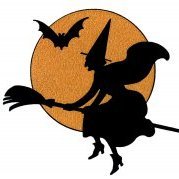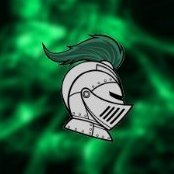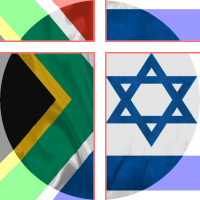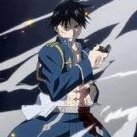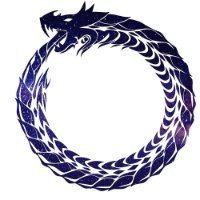-
Posts
1336 -
Joined
-
Last visited
Trutharchivist's Achievements
730
Reputation
Single Status Update
See all updates by Trutharchivist
-
Holiday Supplemental 2: Lag BaOmer
Oh, where do I start this...
First, the counting of the Omer. I explained it a bit at the start of my Shavuot piece last year, so you may want to check it out, but basically: the Torah says that in the day after Shabbat - taken by Rabbinic Judaism to actually mean the first day of Pesach (Passover) and not Saturday - we should sacrifice the first sheaf of barley harvested, a sacrifice called the Omer sacrifice. Before this sacrifice it's forbidden to eat from the newly harvested grains. Also from this day forward we count 50 days - seven weeks - until Shavuot. This means that every evening since Pesach ended, in the synagogue, we say how many days has passed since Pesach. Today, for example, is 33 - which is why it's called Lag BaOmer, it's a gematria thing (Lag is how we read the combination of letters ל and ג, which are the equivalents of L and G in pronunciation, though ג is the equivalent of C in Alphabet placement. BaOmer means "in the Omer", so it's basically saying "the 33rd day of the Omer counting").
Now, in addition to the regular counting, for the period since Pesach until today we also practice certain mourning traditions - such as not shave or cut one's hair, not marrying and some people also don't listen to music during this time. Why, I hear you ask? Well, I'm afraid it requires some background.
You see, at the time after the Temple's destruction (about 70 to the Christian count), there was a certain Rabbi called Rabbi Akiva. I can't get into too much about him - suffice it to say that he was very prominent, even though he started studying the Torah at 40 as a condition for marrying his second wife. It's more complex than that, but that's the basic story. Anyway, even after starting that late, Rabbi Akiva managed to teach 12,000 pairs of students - who all died tragically in a plague during the time between Pesach and Shavuot, due to not respecting one another (as a punishment from G-d). So yes, it's them we mourn at this time period, due to a huge loss to the world of Torah studying. Rabbi Akiva, BTW, refused to give up and went to "our Rabbis in the south" to teach five more students - those being Rabbi Yehudah, Rabbi Yosei, Rabbi Shim'on, Rabbi Me'ir and one other that is less certain - either Rabbi Nehemiah or Rabbi El'azar, I think. Those are... How shall I put this... If you open the Mishnah at a random place, go over a few pages and don't see even one of those names - and in this case it's important to note that it's only if there's no father name afterwards, because those names weren't unique but they're the only ones that don't need additional clarification - anyway, if that happens please tell me which tractate it is you opened, I'm fascinated to see it. Another thing is how some of the very basic books of Jewish literature - the Mishnah, the Tosefta, the Sifra and Sifri - each were written by students of one of those rabbis, and whenever in such a book no name is given for something that was said, it was it's respective rabbi who said it (Rabbi Me'ir for the Mishnah, Rabbi Nehemiah for the Tosefta, Rabbi Yehudah for the Sifra and Rabbi Shim'on for the Sifri). So basically, yeah, they're all very prominent rabbis. Maybe one day I'll elaborate on them some more.
But now, if we return to our topic, it's easy to see that something is odd. If Rabbi Akiva's students died between Pesach and Shavuot, why do we stop the mourning practices today?
The short answer will be that traditionally they stopped dying at that day, which later was also Rabbi Shim'on's date of death. And that's, my friends, is where stuff get weird!
So, I didn't tell you much about Rabbi Akiva or his students yet, but each has (obviously) their own personality. And nearly none is known more than Rabbi Shim'on. This guy has a thing against the Roman Empire - rightly thinking them selfish - and wasn't afraid to say that (though not publicly, someone snitched on him). He was sure the world revolves around studying the Torah to the level of considering working for a living problematic as it takes you away from studying. Well, not exactly, but you can take what he said to that extreme. Anyway, while on the run from the Romans because apparently they can't take an insult he went to stay in a cave for 13 years and study Torah all day, more or less. He even had a miraculous Carob tree and fountain to take care of his physical needs.
In addition to that he had a somewhat high opinion of himself, you could say. Not to the level of disrespecting his fellow rabbis, apparently, but... There are certain things said in his name that indicate he was very certain of his righteousness, let's leave it at that.
All that is fine and all, but he became really popular only once in the 13th century, when Rabbi Moshe Di León - a Spanish-Jewish Kabbalah student - claimed to have found a book by Rabbi Shim'on called the Zohar. So, umm...
All right, let me get it off: I'm no expert in Kabbalah. I know a thing or two from here and there, but I don't know much about it. It is possible that Rabbi Shim'on always was a traditional important figure in studying it. I also don't want to talk too much about whether the Zohar really was written by Rabbi Shim'on. Most researchers agree that it wasn't, but many Orthodox Jews still wholeheartedly believe it was.
To my understanding, the Zohar is the source of some legends centered around Rabbi Shim'on - not the cave one, that's from the Talmud, but stuff like "when he died a pillar of fire appeared on his deathbed". Those things later evolved into a Jewish tradition of lighting campfires at this day. In addition, during most years people pilgrimage to his supposed burial site - not this year due to security issues. Rabbi Shim'on is considered one of the first prominent teachers of Kabbalah and for some reason became very popular - only another person in the list of "people who were pretty harsh originally but became popular later", along with Eliyahu the Prophet. Yeah, I mean the guy who killed 400 priests in one day. That guy's very popular, and not because of this story.
Anyway, I'm sure some of my fellow Jews here will be shocked at how little I talked about Rabbi Shim'on. You didn't even get the entirety of the cave story! But it's kind of long and I don't currently have the willpower to explain it.
Another Lag BaOmer tradition is shooting with bows and arrows - more accurately, children playing with those. This one is slightly defunct nowadays, as children enjoy collecting firewood instead (for over five weeks before Lag BaOmer. It can be a menace sometimes). There are some who tie it to the Bar Kokhva revolt - a Jewish uprising at the time of Rabbi Akiva (around 130 in the Christian calendar) following some actions of the Roman Emperor of the time in Jerusalem (trying to found a pagan temple on the ruins of the Jewish Temple). The Revolt was led by Shim'on ben Koseba, who Rabbi Akiva thought was the Messiah and was due to that nicknamed bar Kokhva, "son of a star". He successfully repelled the Romans for a short while and founded an independent kingdom in Judea that lasted for three years - believed by many to be the last Jewish independence in the land until the State of Israel. But, unsurprisingly, the Romans managed to regroup and squash the rebellion, with the last city left standing being one called Beitar, in which Bar Kokhva himself stayed. This city too fell to the Romans (during the 9th of Av, traditionally), Bar Kokhva died, and that was the end of it.
Except for, you know, the fact that for six days the Jews weren't allowed to go over there and bury their dead. Oh, and the fact that Judea was devastated by the fighting and many people had to move north to the Galilee - which is still a part of Provincia Judea, but a different region.
Anyway, yeah! Let's just leave you with that to ponder. Also, just in case someone will be confused: this is before Constantine. Christianity was still very young and in development. The early Christians likely opposed Bar Kokhva since he considered himself a Messiah, and most of them were still Jewish.
All this likely doesn't cover Lag BaOmer all that well. The issue is, I come from a family that's mostly skeptical of Kabbalah and is relatively rationalistic. Due to that, my experience with this day is very different from that of my peers. For example, going to Rabbi Shim'on's burial site isn't something I did very often and I don't find it too important a site - in addition to the fact it was discovered roughly at the 16th century, so it's really dubious. I should probably help differentiating Bar Kokhva from Rabbi Shim'on - rabbi Shim'on is also known as Bar Yohai, the son of Yohai, so they're two different figures even if they share a first name. Another random note - Bar Kokhva was taken by modern secular Zionists as a symbol, so they tended to glorify him. Pretty funny when you consider that his revolt's original purpose was likely to refound the Temple.
Anyway, that's it for today. The short version is: today is Lag BaOmer, during which we light campfires and sometimes children play with bows. The reason for the former having something to do with the death day of Rabbi Shim'on bar Yohai - a prominent rabbi from the first/second century who is credited as the writer of an important Kabbalah book - which for some reason is celebrated. The latter might be related to a revolt that occured at roughly the same time. Hope this was informative! Thank you for reading, and have a good day!

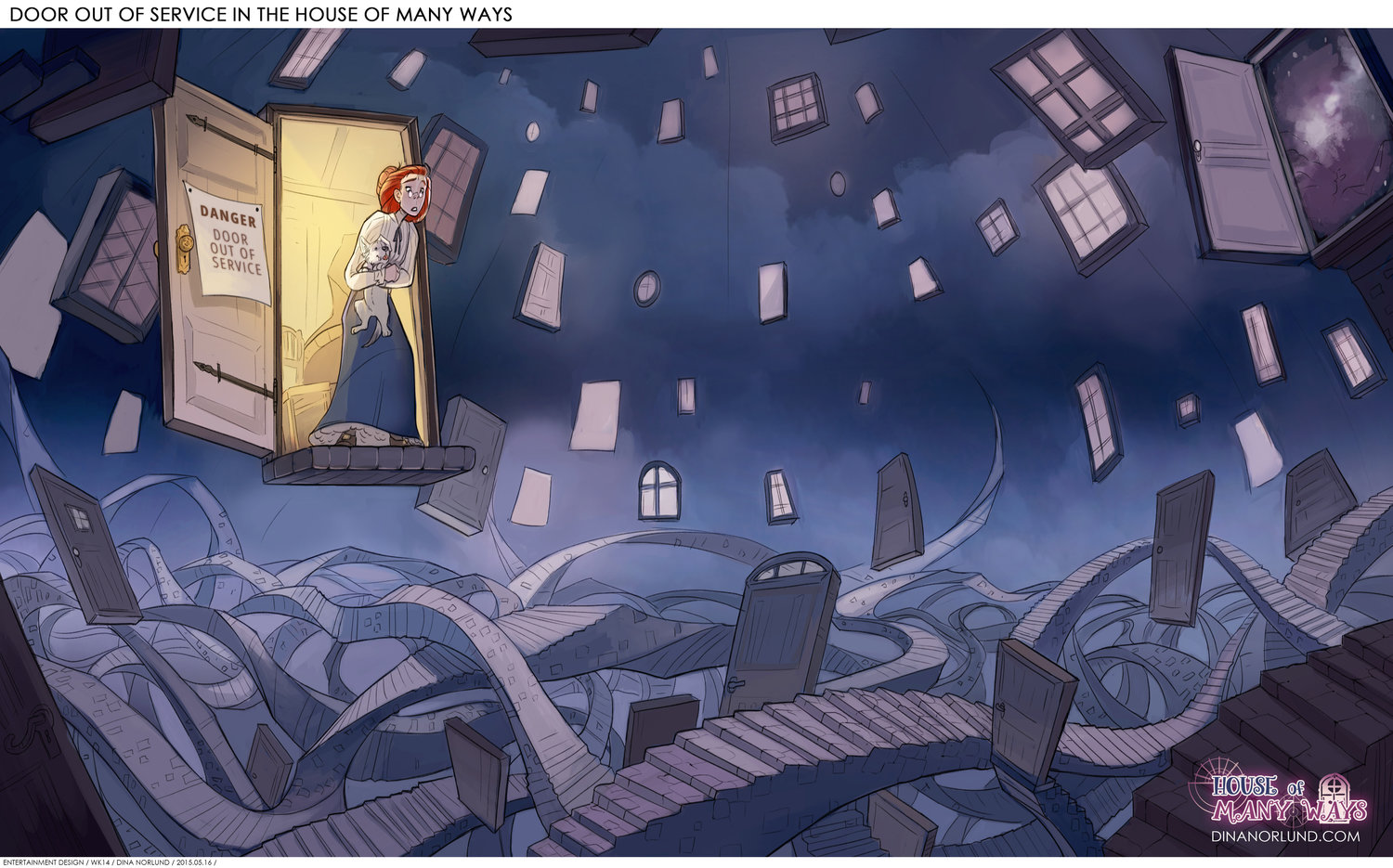
.thumb.png.5afeb53c24c681e1d35e3f8ba62a6319.png)

